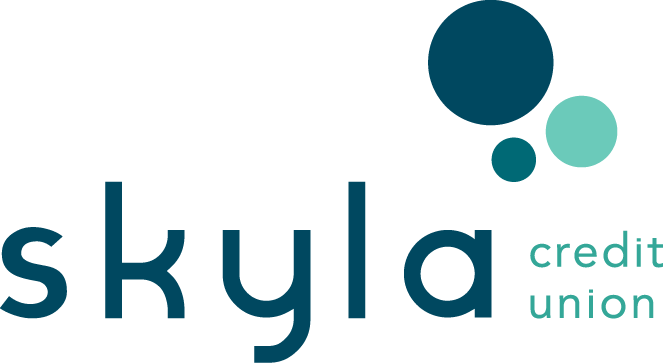Are you in a savings account dilemma and trying to decide if a bank or credit union is the best place to park your money?
 Look no further! We’ve done the dirty work for you and have put together some important info to help you figure out which option will be most beneficial. Whether it’s better interest rates, convenience, customer service, or other great benefits—we cover the important topics so that you can make an informed decision about where should save your hard-earned cash.
Look no further! We’ve done the dirty work for you and have put together some important info to help you figure out which option will be most beneficial. Whether it’s better interest rates, convenience, customer service, or other great benefits—we cover the important topics so that you can make an informed decision about where should save your hard-earned cash.
Don't worry, we're taking an unbiased route with this article.
Get ready for some serious financial knowledge bombs —–it's time to ask yourself: savings accounts at banks OR credit unions??
here's a quick look at what we'll cover
|
|
 what is a savings account?
what is a savings account?
Let's start with the basics. A savings account is a type of account that helps you save money gradually over time. By doing this, it allows you to plan for the future and protect your saved funds from being spent impulsively.
Having a savings account can be a great tool for financial health, but there are also some drawbacks that need to be considered. For instance, depending on the type of savings account, there may be fees assessed or limits on how often funds can be withdrawn. Additionally, savings accounts typically offer lower returns than other investment vehicles which means savings accumulate more slowly than they would otherwise.
Psst... There's more than one type of savings account you can choose from. Here's a look at what they are:
If you're thinking about interest on savings accounts, the amount of return could depend on the financial institution you open the savings account at. Hence the reason we're diving into savings accounts at a bank and credit union.
 pros and cons to saving at a bank vs. credit union
pros and cons to saving at a bank vs. credit union
bank
Pros to saving at a bank
- Often have more locations. Having a savings account at a bank typically offers more convenience with multiple locations and longer operating hours. Of course, if you go with a local bank, you might not have as much flexibility.
- Savings accounts are insured by the FDIC. The federal guarantee of deposits up to $250,000 adds assurance that savings will remain safe even in cases of unforeseen financial calamity.
- You’ll have a wider variety of products and services. Oftentimes, savings accounts at banks offer customers a wider variety of products and services
cons to saving at a bank
- Banks offer lower interest rates than credit unions. Banks have shareholders and are for-profit corporations, so their end goal is to serve their shareholders which typically comes from fees and lower interest in savings and higher rates on loans.
- Higher minimum balance requirements and other fees. Many banks often require account holders to have $25 deposit and pay a $5 monthly service fee. Often the service fee can be waived if the account balance is $300 or higher - depending on the bank.
- No personalized customer service. Banks are not known for providing more personalized service to their account holders. You'll find banks are more focused on their shareholders Any person, company, or institution that owns shares in a company's stock . Whereas credit unions are member owned so you'll find they are dedicated to satisfying their members' needs. For example at credit unions, tellers remember their members name and their financial needs as soon as they walk in the door. Bank tellers
credit union
pros to saving at a credit union
- Personalized Service. As an account holder - or shall I say "shareholder" - at the credit union, you'll receive personalized service where staff will go above and beyond to help you reach financial success. Unlike a bank, credit unions are not-for-profit and any member becomes part owner. The credit union’s entire purpose is to help the member by offering lower rates on loans and higher returns on savings.
- Higher interest rates. You'll find interest rates on savings accounts are typically higher at a credit union than at a bank.
- Have lower fees. Credit unions commonly have lower fees than banks
- Savings accounts are insured by the NCUA. Credit unions are regulated by the National Credit Union Administration (NCUA), where they pay insured deposits to the member owning the account up to $250,000.
cons to saving at a credit union
- Fewer account choices. Depending on the financial institution, credit unions may have fewer savings account choices than banks.
- Limited branches. Depending on the financial institution, credit unions tend to have limited-service times and branch locations.
- Credit unions require membership before opening an account.
QUICK TIP: Anyone can join a credit union if you’re within the field of membership. Once you join, you become a member and part-owner of a credit union. |
Take Skyla for example. To become a member you'll need 1 of 4 things:
- You have an immediate family member who already has a Skyla account
- Where you live
- Who you work for, or
- By joining our partner association, the Carolinas Credit Union Foundation (but don't worry - we'll handle this for you!)
Learn more about our eligibility for membership here>
 how to decide where to open a savings account?
how to decide where to open a savings account?
Ultimately, when deciding between a savings account at a bank or a credit union, it’s important to consider your individual financial needs and goals to make an informed decision.
- What's the interest rate and APY?
- Is there a required deposit? What's the amount?
- Are there any fees that comes with having a savings account?
- Is there accessible customer services when needed
In case you want to compare apples to oranges, here's a comparison chart to help you see the difference with having a savings account at a credit union and a bank:
ready to open a savings account?
Ok so you got a good run down of the difference between credit unions and banks through our pros and cons list. Now it's a matter of determining which is better for you.
Are you looking for greater interest rates on your savings with a credit union, or would you prefer to become an account holder at a bank that has higher minimum balance requirements yet provides access to more financial institutions? Ultimately, the choice is yours.
Also, don't let the membership with credit unions scare you. Anyone can join a credit union as long as you’re within the field of membership. Once you join, you become a member and part-owner of a credit union.
You can learn more about credit unions vs banks so you'll have a better scope of which financial institutions may be best:
As always If you have any questions or comments, our Customer Service Representatives are here for you. You can send an email, give us a call at 704.375.0183, or visit any of our branches.
As Content Strategist behind the Learning & Guidance Center, Yanna loves showing just how doable finance can be. Whether it’s simple tips, step-by-step guides, or comparison charts, she’s passionate about helping readers take charge and reach financial freedom with confidence
more resources for your financial journey
How Is a Credit Union Different Than a Bank?
Don’t know how credit unions differ from banks? This article answers your credit union questions and will help you determine if credit unions are a valuable and viable option for your banking needs.
7 min. read
Is My Money Safe at a Credit Union?
Don't know if your money is safe at a credit union? Here's how they protect their member's money, similar to banks.
4 min. read
 learn where to get a savings account
learn where to get a savings account
Understand what a savings account is and where's the best place to get it.
 Figure out which savings account is best
Figure out which savings account is best
Determine which savings account will suite your financial needs best.
 learn about certificate of deposits
learn about certificate of deposits
Learn how certificate of deposits earn higher interest than regular savings accounts.





